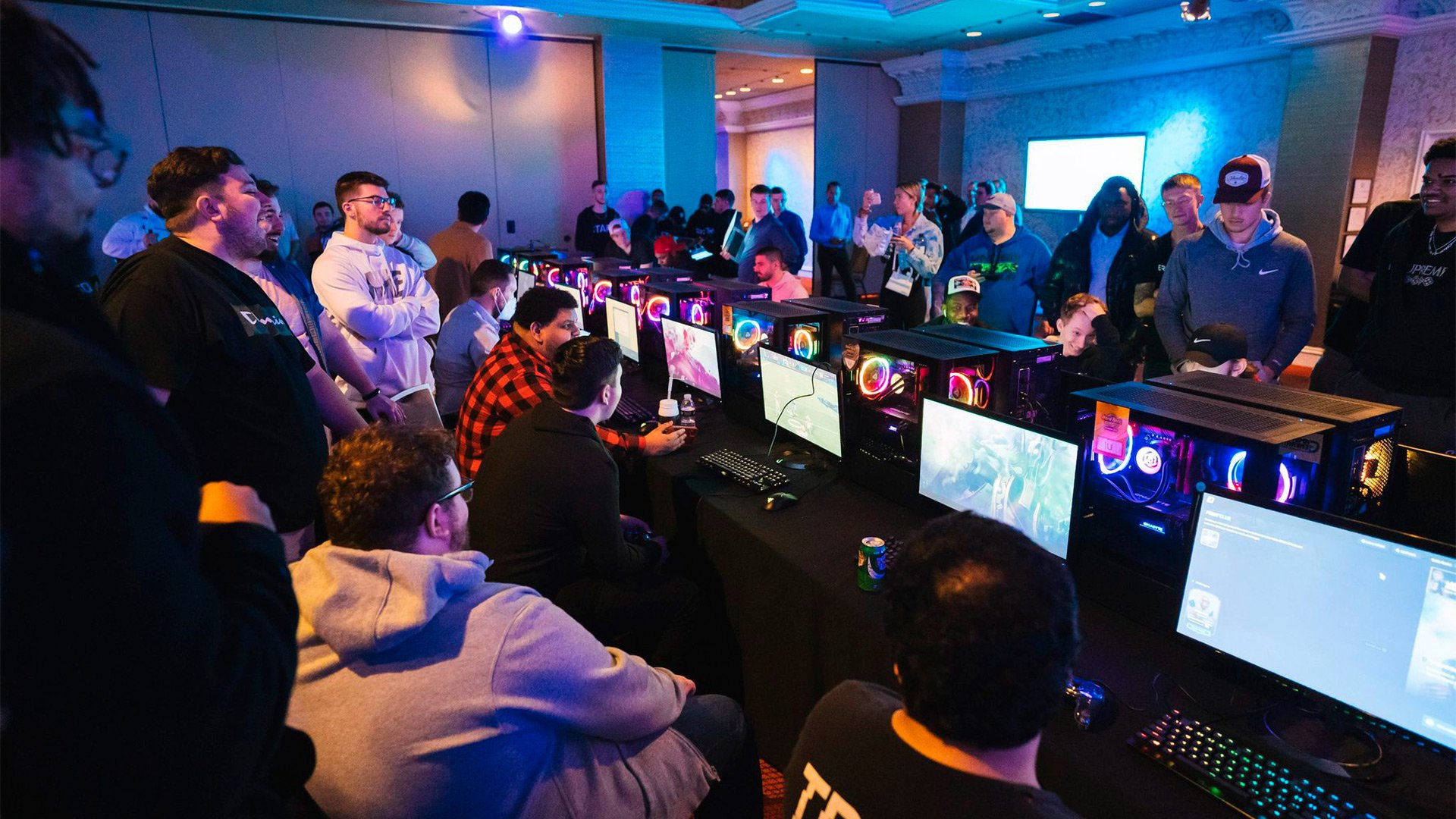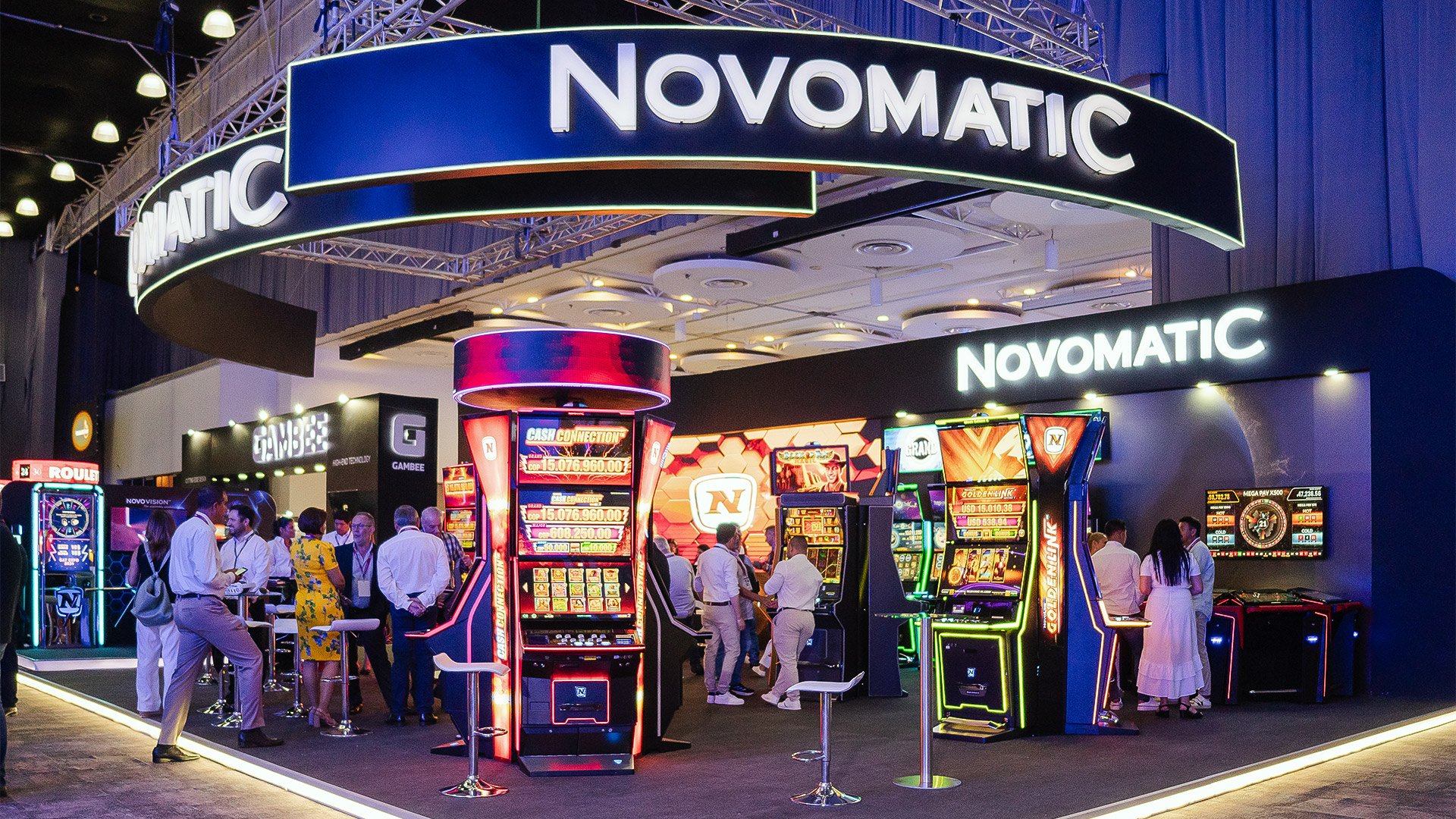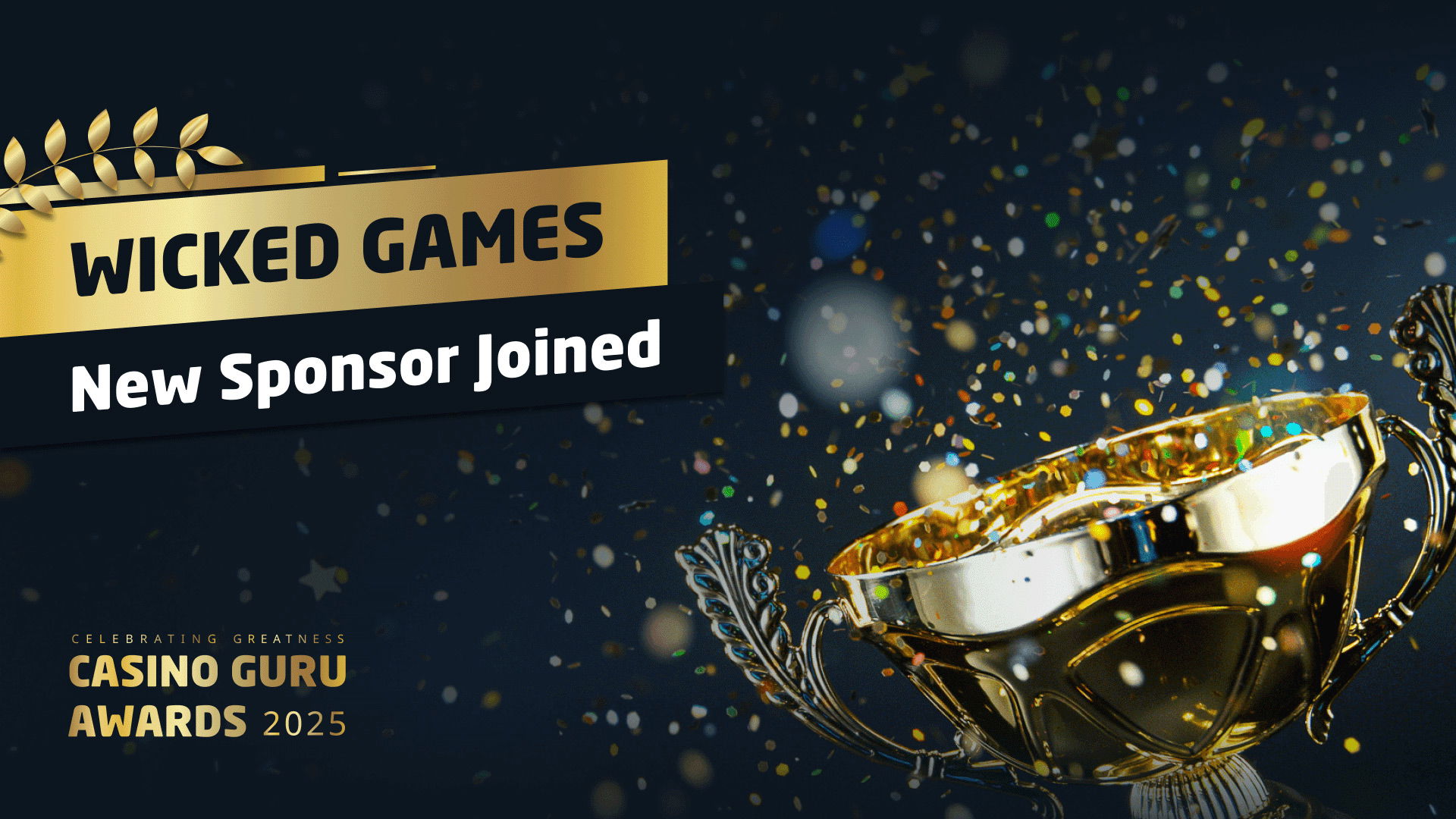"Esports is going to be one of the most significant verticals of the future and EEG is on the cutting edge of distributing that product"

Last month, esports and online gaming company Esports Entertainment Group (EEG) announced the appointment of Jan Jones Blackhurst to its Board of Directors. The former Las Vegas mayor -the first woman to take on the role-, who currently also serves on the board of gaming giant Caesars Entertainment and the UNLV Black Fire Leadership Initiative, among other entities, brings decades of knowledge and experience to the role at a key time for the ambitious business.
"I believe that esports is going to be one of the most significant gambling verticals of the future, and I think EEG is on the cutting edge of finding a platform and a way to distribute that product," she tells Yogonet in an exclusive video interview in regards to why she joined the company's board. "I think I can help the company look at opportunities to integrate their products into a casino environment in a successful way, and I can also be of regulatory assistance."
In conversation with Yogonet, the experienced politician and businesswoman reflects on the potential of the esports vertical and its synergies with the land-based industry, as well as the main regulatory and industry hurdles to overcome. Additionally, the former Caesars Executive VP for Government Relations & Corporate Responsibility discusses the differences and similarities between esports betting and iGaming, and what to expect of Las Vegas for this new market, plus the gaming industry at large.
You have now joined the board of directors of Esports Entertainment Group at a critical time for the company, which has been able to capitalize on the esports boom and is now publicly listed. How was this appointment reached? What are some of your expectations for this role?
I met Grant Johnson, their CEO, and then was able to spend a significant amount of time with him when we were at ICE London. I learned more about EEG and what Grant’s vision is. I understood that they had a lot of different products, but they were beginning to solidify their focus.
I believe that esports is going to be one of the most significant gambling verticals of the future, and I think EEG is on the cutting edge of finding a platform and a way to distribute that product in a meaningful way to younger players, and even to casino customers. So after spending time with Grant, I felt that there’s a pathway for both his products and the tremendous amount of energy he puts into his company.
We're pleased to announce the appointment of Jan Jones Blackhurst to our Board of Directors. She has served on the Board of Caesars Entertainment since 2019 after 10 years as their Executive VP for Government Relations & Corporate Responsibility.
— Esports Entertainment Group (@EsportsEntGroup) May 3, 2022
🔗https://t.co/bUkrt27rg2$GMBL pic.twitter.com/pEQ4cKmq0r
The company is now exploring the link between esports and land-based casinos, and earlier this year, EEG held the first skill-based wagering event in the U.S. in partnership with Hard Rock. Given your vast experience in the land-based sector, including a role in Caesars, do you expect synergies between the traditional industry and the esports vertical going forward?
No question. There will be a link. I think the traditional casino industry is still trying to understand how to provide this entertainment to the right customer so they are of age and in a format that you can get to scale. It’s one of the things that EEG tested in their collaboration with Hard Rock.
It was almost like a poker game, where a number of people could play against each other and have that thrill of entertainment and competition. I think before you see more of it online, which right now depends on where you are in terms of legality, this may become a casino product that could be very successful. In New Jersey, they limited the amount of money you could bet up to 25, but the good news was you found that people who were participating wanted to bet a lot more.
The company is also the first licensed esports gambling operator in the U.S., through a New Jersey license, a landmark event for esports betting at large. What could your experience bring to the table for the company at this time?
I think I can help the company look at opportunities to integrate its products into a casino environment in a successful way. I can also be of regulatory assistance, because in the U.S. you have to go state to state. Right now, they’ve been approved in New Jersey, so we only have 50 states to go. I think that, by having been in the business for a long number of years, I understand the process and can help the company be successful in expanding its offerings.
EEG's esports tournament at Hard Rock Atlantic City
This experience covers both gaming businesses and also governance. In terms of the expansion of esports betting, what do you see as the main hurdles to overcome, taking into account such factors as player protection, regulation, and so on?
I think you’re going to have to really look at esports when it does come online to have these successful sites undergo the same regulatory oversights as online products that are offered today, like sports betting or online gaming. Those products are focused on making sure that only people in the states in which they are offered can access the sites; that it’s a customer who meets the age requirement; that we’re watching how you control responsible gaming practices.
I think esports will be no different. Right now, I don’t think the esports industry has evolved to where they are able to offer on a broad scale, and some sites are operating in a gray market, meaning they are sort of outside the regulatory environment. EEG and their CEO have been very clear that they want to do this differently: they want to do it in the appropriate regulated fashion, and that may mean that they move a little more slowly, but I think it’s the right decision.
In regards to regulation, it’s interesting what happened in poker, where you had a lot of gray market operators that for a period of time were making a great deal of money until they weren’t. And then they were all closed down. It’s better to take your time and do it the correct way.
The thing with regulation, and we have seen this with iGaming, is that it sometimes lags behind technology. Do you think that this lag could potentially also happen to esports betting, or since it will come after iGaming that it will benefit from already-established regulation?
I think it will benefit from already-established regulation, and I think that’s really the approach you’ve seen EEG take. They could go the other way and put the product out there in semi-legalized markets, but they really don’t think that’s the right way for them in the long term. I think that esports is going to be a significant part of the future of gambling, both online and in casinos, but it’s going to take a moment to get the model right.

The Las Vegas market, the major one for gaming in the U.S., is one you of course know very well. As an expert in this field, what opportunities do you see here and in the state of Nevada going forward?
Because Las Vegas is the gambling capital of the world, you have everyone looking at esports. Even at Black Fire, where I work, we have an esports stadium where in one of the competitions there were more viewers than the total viewership of the basketball national final playoffs. We know the market’s huge - what we now want to understand is how do we engage those esports customers who are legally of age and offer them a betting opportunity on the games they love.
We’ll get it right, we’ll get it properly regulated, and then I think we’ll become the model from Las Vegas on how you roll it out successfully. Although I will say that New Jersey has shown some exceptional leadership in being first to market with a lot of products. They were first to market with online gaming; they were first to market with esports betting. So at least the two biggest regulatory environments are giving it fair attention.
You have mentioned that esports betting could be a big opportunity for the gaming industry at large, which has been delivering some record months as of late, despite some macroeconomic headwinds such as rising inflation. As an experienced person in this industry, do you think this momentum will sustain going forward and that post-pandemic recovery will become a reality?
You’ve seen record volumes in Las Vegas: the market has been outperforming month after month. I think it’s still unclear the kind of impact that the inflation and rising costs will have on destination markets. But right now, we’re not seeing a significant impact when you look at the regional markets, though the river boats and all of the gambling that is on a smaller scale across the U.S. - you’re beginning to see a little bit of headwind there.
I think it depends on how long gas prices stay so severely elevated and if the cost of goods and services keeps growing. I don’t have a crystal ball, but I think that the economy, in the short term, may impact some of the gaming volumes while we find where we are through the economic crisis, and if it is going to be a long haul. But generally, gambling entertainment is pretty resilient. We’ve found in the past that it’s one of the last consumer retail markets to feel the pain.
Grant Johnson, EEG's CEO
In our last interview with Grant Johnson, he told us that he believed that esports betting had the potential to become “as big as sports betting” in about 15 to 20 years, citing the expansion of esports teams in universities and high schools as a decisive factor. Do you agree with this statement and the two-decade timeframe?
Without question. When you look at 21 to 30 customers, we know they like to gamble - they just don’t necessarily like to gamble on the products we have. When we really understand how to access that market, how to do it in scale and in a regulated way, I think that esports, 15-20 years from now, will be every bit as big as sports betting because that’s what these young customers want.
Two decades from now, the 16-year-old will be our prime customer; even the 11-year-old, and this is what they play today, so this becomes the real focus of the future. The Indian tribes always say: look forward seven generations. And I think if the gambling industry is looking forward seven generations, they better be paying attention to the esports players.
Soon after you were appointed to EEG’s board, the company also added Kaitesi Munroe to the board as well. Would you say gaming companies are now more committed to having women in major roles within their structures? As the first female major of Las Vegas and a key figure in gaming, what would you say has changed?
I wouldn’t say that it has changed dramatically in terms of representation at the very most senior levels of the large U.S. companies (international gaming companies are a little more representative). But I do think at the board level, gaming companies have done a very good job of building diverse board representation.
I think they’re focused on the importance of building diverse and inclusive operating teams not just because it’s the right thing to do - it’s also the best business practice. All the data shows that if you have diverse teams you’re higher performing. I think maybe like with esports, maybe a decade from now, gaming companies will look much more representative of who their customers are.
Watch the full video interview with Jan Jones Blackhurst on our YouTube channel.


















































